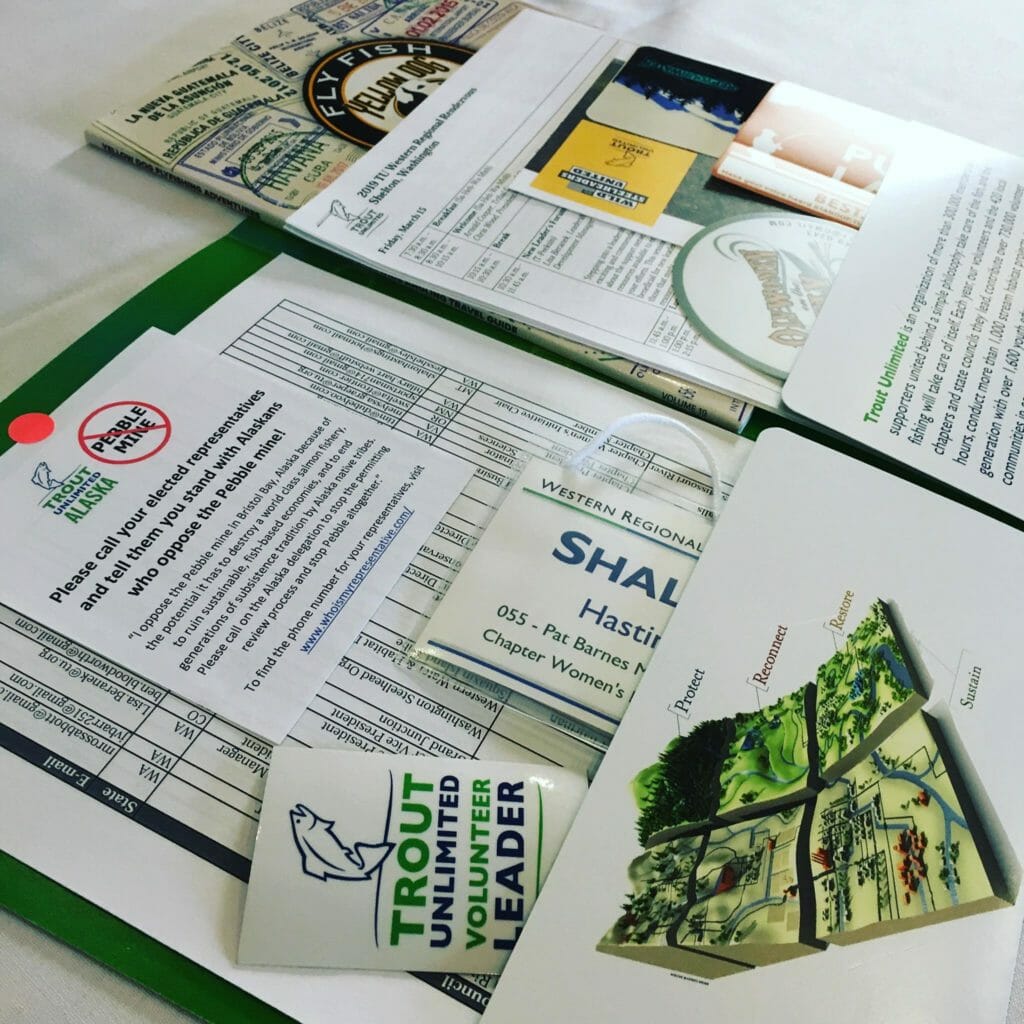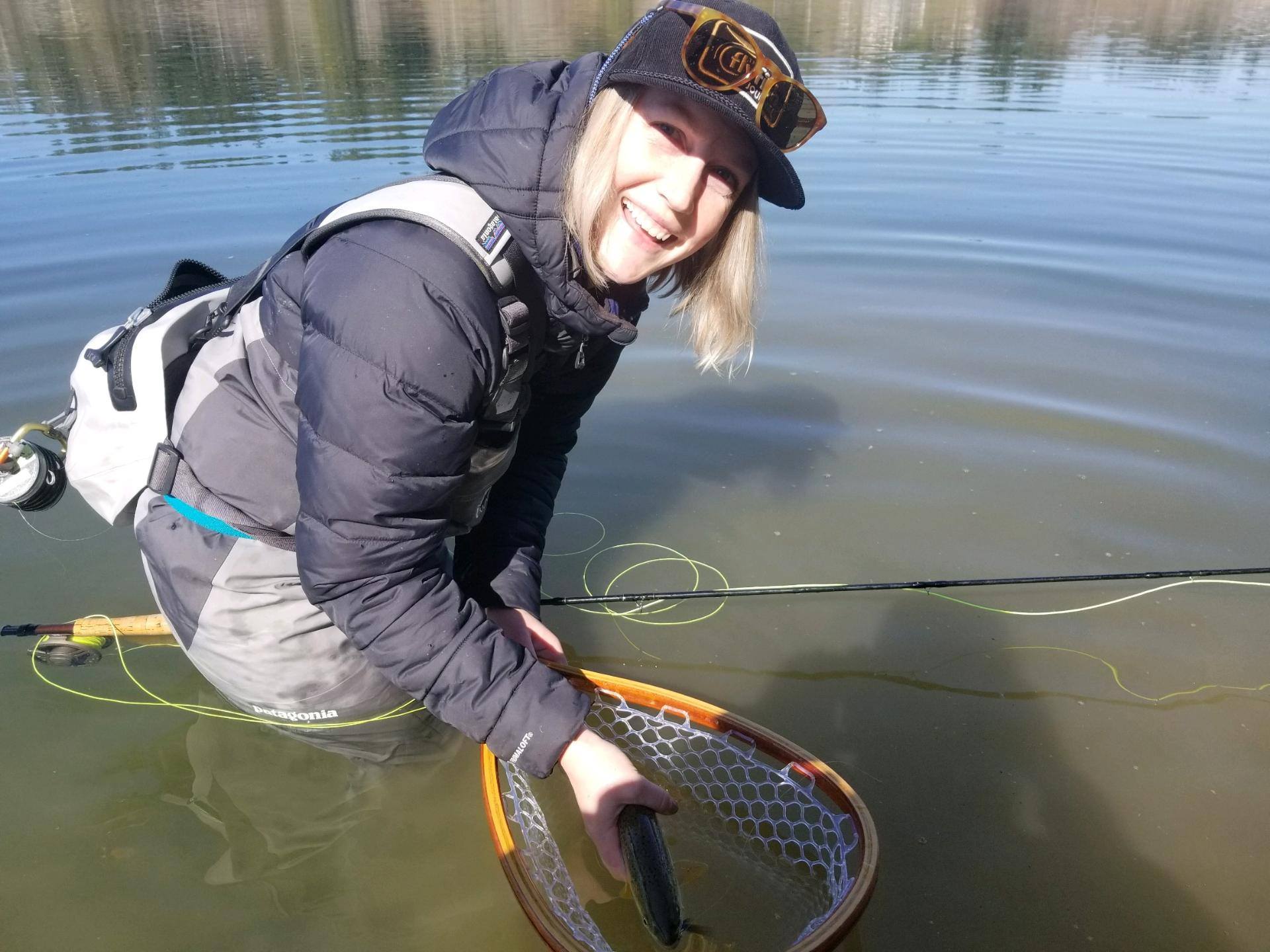When organizing a day on the water, you spend time before your departure planning to maximize your time and enjoyment. You get out on the water and enjoy the trip, reveling in the moments. Upon your return home, you rinse, dry and organize gear while reflecting on your experience.
Just like a fishing outing is more than simply getting on the water, attending a conference is more than attendance.
You’ve done the pre-planning mentioned in this earlier blog to set the tone for a great TU rendezvous experience. You attended the informative sessions, networked during the breaks, had #TUmuchfun and made notes for future action items. Now you are home and the most important aspect of the educational process is about to start.
Reflect
As you return from a fishing trip, you’ve likely spent time on the drive home thinking about the experience. You might assess the logistics of the day, review the gear list and evaluate the overall experience as well as smaller segments of it. This is a great opportunity to reflect on your experience, lessons learned and start to think about your next steps. You might be asking yourself how to use this information to improve your future efforts.
As soon as you are able, take time within a few days of your return to find a quiet space and a notepad to reflect on your regional rendezvous experience. You might ask yourself what sessions resonated with you? What surprised you? Are there areas you would like to focus more energy on? What follow-up actions are needed (follow up with contacts, organize expenses, etc.)? What is the timeline for your action items? Did you find potential solutions to share with your team?

Report Back
Getting back from a fishing trip usually entails unsolicited questions from angling friends. People want to hear about your experience. They want to learn from it. This is the same with your leadership team. As soon as you have taken some time to reflect, take time to report back to your team. Request time on your upcoming board meeting agenda, discuss an opportunity to share related information with specific committees, and consider offering to hold a session during your upcoming council meeting. This is a great way to reinforce what you learned while maximizing the investment in your team development.
Plan
Just like you take those fishing reflections and note them to improve future river trips, set time aside to produce an action plan to employ the lessons and tactics you learned at the rendezvous. Time is of the essence, so you will want to do this within a week of attendance. Consider drafting an action plan during your reflection process and sharing it with the team before solidifying a team action plan and an individual version. Do not forget to include accountability and reporting in your plan to give an opportunity to reflect and adapt as you implement. This may be as simple as check-ins during board meetings, timelines and a prioritization of actions.
To customize your plan to your geographic area, review the rendezvous resources or discuss specific aspects in the online TU Leaders Forum to increase the likelihood of success when enacting your plan.
Implement
Now that you have your reviewed and agreed upon plan in place, it is time to implement. One of the most powerful methods for helping your team apply the rendezvous follow-up plan is to act as a role model. Example the behavior or tactic and support others in doing the same. The sooner you put your changes into action, the sooner your team will start to see benefits.
There’s no doubt you learned a lot from your regional rendezvous experience. You likely have a ton of motivation, a thousand new ideas and new pep in your step. Bottle that energy and put what you learned into action to truly maximize your rendezvous attendance as well as your efforts to bring the TU coldwater conservation mission to life.


